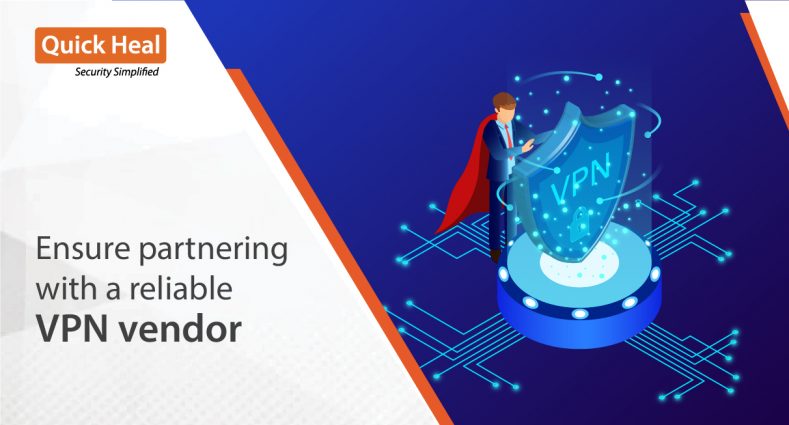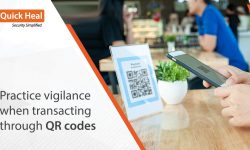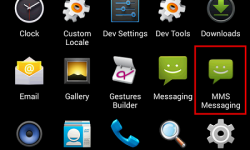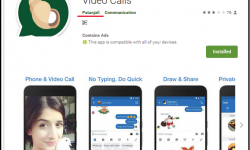Data of 21 Million VPN users breached

VPN is a prominent tool for enhanced online life. VPN consists of a tunnel that your encrypted data travels down, keeping you more secure and anonymous on the internet. Lately, there is a huge interest in using a VPN as a major online security tool. It has become a remarkable tool for travellers, online shoppers, and many other individuals. Users rely upon various technologies for safe online activities, and some apps meet the needs of the user by providing significant security while others give false hopes like a few Android VPNs. Users may feel safe and assured after using a VPN but unfortunately, they are at substantial risk as their privacy can potentially be breached and their confidential personal and financial information can be leaked. Just recently, millions of users were shocked when they realized that the apps they were using for VPN services were themselves compromised.
Hackers have been selling extremely sensitive data of some 21 million+ users on a popular hacking forum for a confidential amount. Data includes information like mail address, password strings, device ID, premium member status and its expiration date, country names, payment info, and much more. Recently, payment details were sold by a hacker online on a popular hacking forum who reportedly stole user’s data collected by hacked VPNs. Understanding the monumental risks that such breaches may cause, it is of utmost importance that we understand the nuances associated with the security of our data and devise effective means to safeguard against the bad actors. Due diligence should be done before choosing the VPN as the cost of a breach is prohibitive and it makes sense to invest efforts in identifying and making the right choices.
Risks and Problems with a Free VPN
Most of the free VPNs have 3rd party trackers in their software to collect the data of your online activities in such a way that advertisers are better able to bombard you with ads. One study found 72% of free VPNs embed third-party trackers in their software. Instead of keeping your data safe and protected, free VPNs are doing the exact opposite by collecting personal data and selling it to the highest bidder. Free VPN will badly disappoint you with slowing down your internet, plenty of ads and upgrade prompts that are particularly frustrating. So, it’s alarming that some VPNs contain malware and steal user data which is one of the biggest security risks.
Data protection is invaluable
Paid VPNs respect your private data, none of them track your online activity or share your data, ever. They also offer the best network security by providing end-to-end, AES 256-bit encryption and provide various tunneling protocols, protect multiple devices, facilitate fast performance and do not impose bandwidth or speed limit. What is even better is the fact that most of the popular VPNs don’t keep any logs at all.
How to stay secure
1.Eliminate free VPNs: Uninstall free VPNs from all of your devices to steer clear of a data breach.
2.Privacy policy: Verify the VPN’s privacy policy very carefully.
3.Read reviews: Read the app reviews minutely from the platforms like Tom’s Guide, TechRadar, and CNET.



No Comments, Be The First!